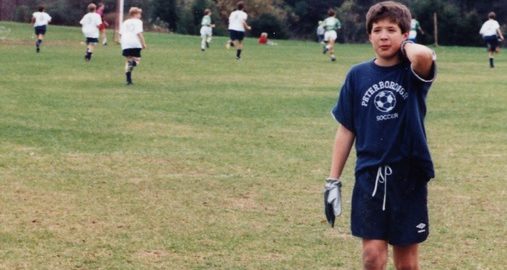
Handling Big Emotions
Q. My 4-year-old son still has very intense fits/tantrums. He has an older brother who is 6 1/2. A lot of the time we try and ignore his fits, and usually he will go to his bed and get his loveys and cry. Sometimes his fits can be more than 15 minutes. But the times when I’m struggling with how to deal with them is when we simply can’t ignore and wait—when he does not want to leave the house. I had to literally drag him kicking and screaming into the car. After 10 minutes of him standing in the car (unwilling to get in his seat) and screaming, my husband took him out and hugged/held him and tried to connect with him. We brought him back to the car and the same thing ensued. At this point, we forced him into his chair and buckled him and went to the park as planned, as our older son had been very patiently waiting. He cried the whole 10 minutes there, and refused to get out of the











